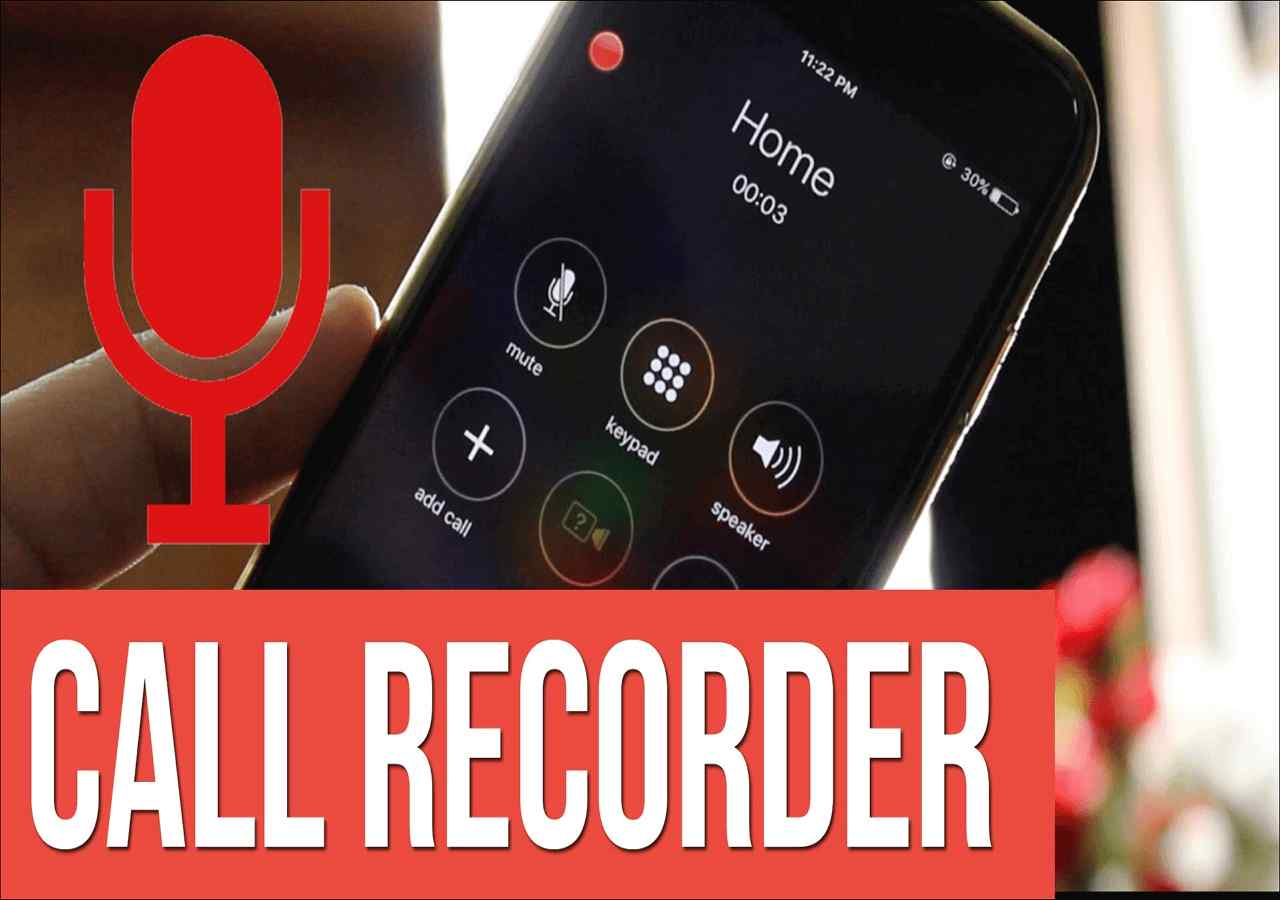Receiving strange calls mentioning “DS123” and claiming to be from Homeland Security, Border Patrol, a “compliance officer,” or Human Services? You’re not alone. These calls are surging, bypassing even the Do Not Call list, often using disguised numbers. This instructional guide provides actionable steps to identify, avoid, and report these scams, empowering you to protect yourself.
DS123: Unmasking the Call Scam
The “DS123” prefix, frequently linked to fraudulent calls impersonating Customs and Border Protection (CBP), is a significant red flag. CBP never uses this prefix. Consider it a digital skull and crossbones. This section exposes the mechanics of these ds123 phone call scams and equips you with the knowledge to defend yourself. [https://www.lolaapp.com/]
Inside the DS123 Scam
These scams prey on anxieties, often involving a caller ID displaying a seemingly legitimate CBP number. The caller warns of legal action, perhaps even deportation, unless you act immediately. This pressure tactic aims to disorient you, leading to hasty decisions. Imposters will push for quick money transfers via untraceable methods like gift cards or wire transfers, or attempt to extract sensitive personal information like your Social Security number or bank details. Remember, genuine government agencies never solicit payment or personal information over the phone. This high-pressure approach is a clear scam indicator.
Identifying and Defeating DS123 Scams
- Unfamiliar Number? Don’t Answer: If you don’t recognize the number, let it go to voicemail. Legitimate organizations typically leave a message.
- High-Pressure Tactics? Red Alert: Immediate payment demands, legal threats, or insistent personal information requests are alarming. Hang up immediately.
- Personal Information Requests? Disconnect!: CBP and other legitimate agencies never request sensitive information via phone. Hang up.
- “DS123” Prefix? Immediate Disconnect: This prefix signifies fraud, likely a CBP impersonation attempt. Disconnect without engaging.
Targeted? Here’s What To Do
- Hang Up: End the call without providing any information. Minimal interaction is best.
- Report the Call: Reporting aids authorities in tracking and preventing future scams. Contact the Department of Homeland Security Office of Inspector General (DHS OIG) Hotline, the Federal Trade Commission (FTC), and the Internet Crime Complaint Center (IC3).
- Spread Awareness: Inform friends, family, and neighbors about these scams. Shared knowledge empowers communities against deceitful tactics.
Caller ID Spoofing: The Scammer’s Disguise
ds123 phone call scams often utilize caller ID spoofing, masking the real number to appear as a legitimate organization, even a local number. This deceptive tactic, akin to a digital mask, makes scams harder to detect. Knowing this trick enhances your ability to recognize fraudulent calls.
| Action | Contact |
|---|---|
| Report the Scam | DHS OIG Hotline: 1-800-323-8603 |
| Federal Trade Commission (FTC) | |
| Internet Crime Complaint Center (IC3) | |
| Verify CBP Info | Official CBP Website and DHS Resources |
Stay vigilant, informed, and share this knowledge. Collective awareness hinders scammers. Don’t let them win!
Why is a “Compliance Officer” Calling Me?
Received a call from a “compliance officer,” perhaps mentioning “DS123?” While concerning, it likely signals a scam. Authentic compliance officers rarely initiate contact by phone, especially without prior written communication. This section delves into why such calls are probably fraudulent and how to respond.
How These Scams Work
These con artists employ various manipulative tactics, including threats of legal action (warrants, asset seizure), using phrases like “an order of location will be issued” to instill fear and urgency. Their objective is to obtain sensitive information – your Social Security number, bank details, address – essentially the keys to your financial life. Immediate action is demanded to prevent clear thinking. Some scammers even contact family members to amplify pressure.
Common Scam Scenarios
- The CBP Trick: Scammers impersonate CBP officers, falsely linking a car registered in your name to illegal activity, hinting at identity theft to gain your trust and extract personal information.
- The SSN Complaint: Complaints are filed against individuals, not Social Security numbers. This is a blatant scam indicator.
Protecting Yourself
- Verify Identity: Never trust displayed caller IDs. Independently verify the organization’s number and call directly.
- Protect Your Information: Never disclose personal information to unsolicited callers.
- End the Call: Suspect a scam? Hang up.
- Report the Scam: Report to the FTC and IdentityTheft.gov.
- Inform Others: Share this information to protect your network.
Staying Ahead
These scams constantly evolve. Ongoing research explores their operations and preventative measures. While this information offers current best practices, staying informed about emerging scams is crucial. Be cautious, and if anything feels off, it probably is. Don’t hesitate to hang up.
Why would the Department of Human Services Call Me?
A call appearing to be from the Department of Human Services (DHS) raises legitimate concerns. DHS generally doesn’t make unsolicited calls, usually contacting you only after your initiation (applying for benefits, open cases). An unexpected DHS call should trigger suspicion.
Scammers exploit “spoofing” to mimic legitimate DHS numbers, using official-sounding language or referencing programs like Medicaid or SNAP for added credibility. However, requesting personal information (Social Security number, bank details, credit card information) is a telltale sign of a scam. DHS never requests such information via unsolicited calls.
Demands for immediate payment or legal action threats are also red flags. DHS follows established procedures, offering verification and response opportunities. The presence of the fictitious “DS123” code is a sure sign of fraud.
What To Do If You Receive a Suspicious Call:
- Hang Up Immediately: Avoid engaging, regardless of how convincing they may seem.
- Verify the Call (If Concerned): Independently find your local DHS office contact information and call them directly to confirm.
- Report the Suspicious Call: Report to the DHS OIG, HHS OIG, FTC, and ITRC. Contact information can be found online.
Registering with the National Do Not Call Registry helps reduce unwanted calls, making scam calls more noticeable. Exercise caution when sharing information and educate yourself and others about common scams. Knowledge is power. While complete scam eradication is unlikely, informed skepticism and precautions protect you. Ongoing research continuously refines best practices; stay updated. You are your first line of defense.
On the Do Not Call List, But Still Getting Calls?
Registered on the National Do Not Call Registry, yet still plagued by unwanted calls? While the registry targets telemarketers (requiring legitimate companies to remove registered numbers from their lists within 31 days), it’s not foolproof. Some calls will still slip through.
Why Am I Still Getting Calls?
- Exemptions: Charities, political groups, debt collectors, and survey companies are typically exempt. Requesting removal from their lists directly may help.
- Prior Relationships: Recent business interactions may grant companies permission to call despite your registration.
- Scammers and Illegal Robocalls: These actors disregard the registry, operating outside legal boundaries. Tracing and stopping such calls, including those pesky “DS123” calls, is challenging.
- Errors: Mistakes happen; telemarketers may have incorrect or outdated information.
What is “DS123”?
“DS123” is a fake prefix used in scams. No legitimate agency uses it. It’s a tactic to create a false sense of authority.
Identifying Scam Calls
Trust your instincts. If a call seems suspicious, it probably is. Red flags include:
| Red Flag | Description |
|---|---|
| High-Pressure Tactics | Insistence on immediate action, creating urgency. |
| Demands for Immediate Payment | Payment requests via unusual methods (gift cards, wire transfers, cryptocurrency). |
| Threats of Legal Action | Threats of arrest, lawsuits, or other legal repercussions. |
| Requests for Personal Info | Requests for sensitive information over the phone (SSN, bank details, passwords). |
| “DS123” Prefix | A guaranteed scam indicator. |
Stopping These Calls
- Hang Up Immediately: Disengage; minimal interaction is key.
- Report the Call: Report to the FTC and IdentityTheft.gov.
- Block the Number: Utilize your smartphone’s blocking feature.
- Call-Blocking Technology: Consider call-blocking apps or services. Many carriers also offer network-level blocking.
- Be Prepared for Ongoing Challenges: New scam tactics constantly emerge. Stay informed and remain skeptical.
Combating robocalls and scams is an ongoing challenge, with active research into improved identification and blocking methods. Staying informed is your best defense. By taking these steps, you regain control over your phone and protect yourself. Unlock the power of your mind with the fascinating hakini mudra.
- Unlock Water’s Symbolism: A Cross-Cultural Exploration - April 20, 2025
- Identify Black and White Snakes: Venomous or Harmless? - April 20, 2025
- Unlocking Potential: Origins High School’s NYC Story - April 20, 2025















